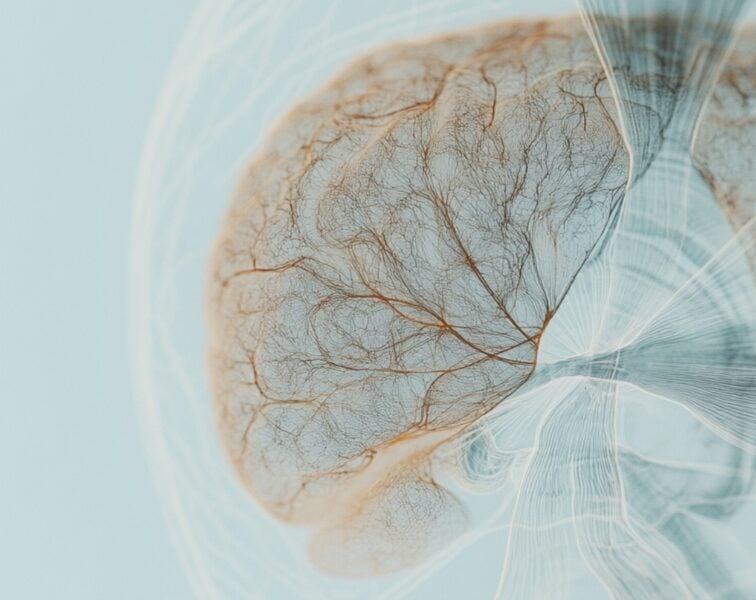This audio clip is from AMA #14: What lab tests can (and cannot) inform us about our overall objective of longevity, originally released on May 18, 2020.
If you’re a subscriber, you can now listen to this full episode on your private RSS feed or on our website at the AMA #14 show notes page. If you are not a subscriber, you can learn more about the subscriber benefits here.

Show Notes
Cancer—what lab work can tell you, and the future of liquid biopsies [28:00]
We start with the question: What drives cancer?
- Cancer is both a genetic and metabolic disease
- So by definition cancer cells have mutated and they sort of have this trait that is common to all cancers.
- The essential condition of cancer is unregulated/dysregulated cell growth ⇒ cells that grow without responding to normal cell cycle signaling
- There’s a strong immune component to cancer because our immune system is almost always keeping cancer at check and keeping it at bay … So at some point when our immune system starts to lose that battle, that’s when cancer starts to win
Metabolism of cancer
- After smoking, obesity is the next leading predictor of cancer
- Why? Peter thinks it’s less about the obesity and more about the metabolic environment that accompanies obesity, i.e. hyperinsulinemia
- There’s no question that this is a disease that’s heavily impacted by
- the underlying metabolic health of the individual
- the immune function of the individual, and
- the ability to acquire mutations and repair them
- However, the metabolic piece is pretty much the only one we can glean anything about from a standard blood test
Labs:
- Glucose and insulin
- Insulin primarily being the biggest because it’s a very potent and anabolic growth factor
- Insulin, IGF, IGF binding proteins, all of these things factor into cancer
- Glucose is the preferred fuel of cancer
- Most cancers do not arise from inherited genes (maybe 5% do)
- The majority of cancer result from somatic mutations (mutations that occur to your genes but they’re not necessarily the genes you pass on)
“The long and short of it is there’s very little in a blood test that’s gonna tell you if you have cancer. What we instead rely on a blood test to do is at least tell us what your metabolic environment is and how much that’s predisposing you to cancer.”



